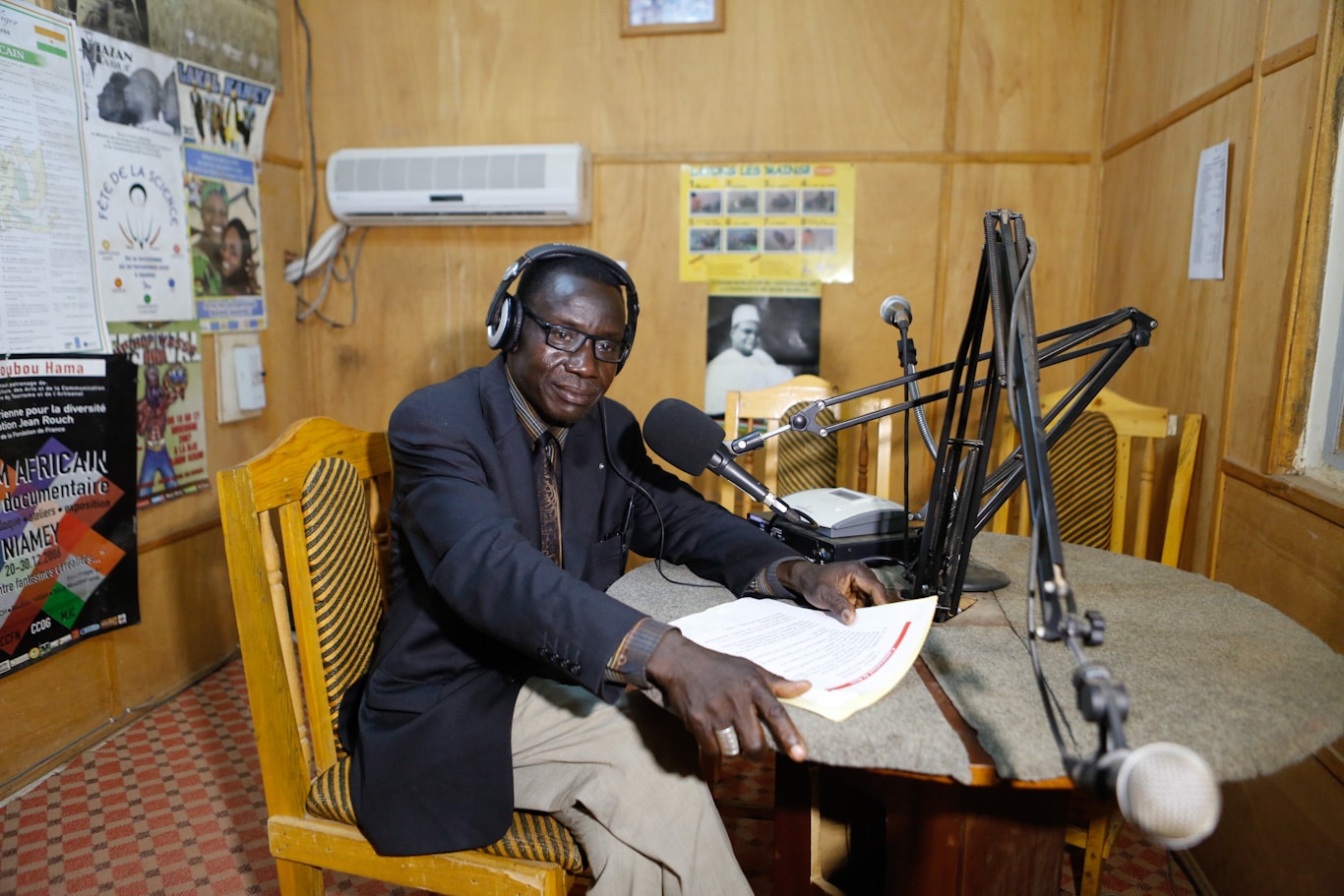

COVID-19 Updates in West Africa
The latest trends as of July 1, 2020 in some of the countries where EAI works under USAID's Voices for Peace project.
A Project of —
Burkina Faso, Chad, Mali, Niger
Niger
The trend in COVID-19 contamination has been declining significantly since mid-May. The situation report on June 26 reveals three new positive cases, bringing the total to 71 people currently infected, while 924 have been cured and 67 have died according to the Ministry of Health. The authorities reiterate the need to respect distancing measures and the continued disinfection of places of worship and any other places of assembly such as schools and markets.
Mali
Crossing the bar of 2000 cases during this week with a cumulative 2060 positive cases, Mali has also recorded 113 deaths (5.5% of cases) and 1387 patients cured (67.3% cases). In recent weeks, there has been a slight increase in the cure rate along with a drop in the fatality rate.
Chad
The battle against COVID-19 seems to be over in N’Djaména. During this week, the few rare confirmed positive cases were mostly reported in the provinces. According to information from the Ministry of Public Health on June 26, 11 new infections and 0 deaths, as well as 45 cases of recovery were recorded during this past week. Out of 865 cases confirmed since March 19, Chad has recorded 778 cures, 74 deaths, and 13 patients on treatment across 15 provinces including N’Djaména. Awareness activities continue on social networks, national radio/television, and private radio stations. Voices for Peace (V4P) radio partners continue to broadcast and redistribute spots produced in various languages. Faced with the encouraging results of recent times, the government announced the reopening of places of worship on June 25. Interurban transport is also reopened from June 21 to July 25 to allow stranded people across the country to return to their families.
Burkina Faso
After a noted decrease in the number of confirmed cases of COVID-19 in recent months, Burkina Faso experienced a significant increase in the number of confirmed cases over the period of June 20-26. Active cases rose from 34 to 62 according to the Response Center for Health Emergencies. The vast majority of confirmed cases are imported because the government has organized the voluntary repatriation of Burkinabés who are stranded in foreign countries. In surveying popular reactions, it is clear that some people believe that the government’s actions were ill advised and prioritized the inconveniences of a few over the health of the entire population. Indeed, the sentiment that COVID-19 is most likely to be imported rather than spread through communities appears to be common. V4P continues to carry out activities with modifications, taking all the precautions to comply with measures decreed by the Ministry of Health.